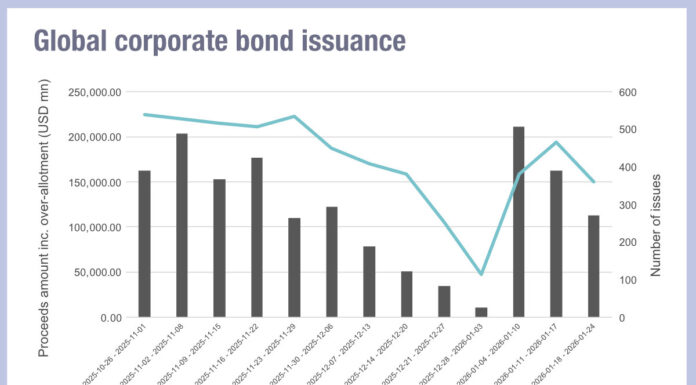Requirements for trades to be reported within one minute have been reversed just months after their approval after concerns were raised around the negative implications, operational burdens and lack of material improvements that the shortened window would provide.
In September 2024 the SEC approved the Municipal Securities Rulemaking Board’s (MSRB) amendments to transaction reporting requirement Rule G-14, shortening the reporting timeframe to one minute for municipal securities transactions. On 6 March, following industry consultation, the MSRB stated that it would not set an effective date for the amendments to come into force.
Market participants raised concerns that the updated requirements may not be feasible on a near-term basis, citing operational upheaval and issues around how both partially manual and fully automated trades would be handled.
On the rescindment, Leslie Norwood, managing director, associate general counsel and head of municipal securities at the Securities Industry and Financial Markets Association (SIFMA), commented, “The fixed income markets – including the municipal securities market – remain predominantly over-the-counter, where elements of trading and post-execution processing rely on manual processes, or are subject to still developing and non-comprehensive automation.
“An across-the-board one-minute reporting requirement is not feasible due to the lack of full post-trade automation stemming from the importance of bilateral negotiation in many fixed income markets.”
Elements of the G-14 amendments will remain, including the focus of examination and enforcement on patterns of failures rather than isolated cases and the requirement that trades are reported “as soon as practicable”.
On the latter, a review of trade reporting data from 2022 to 2024 surmised that mandating as soon as practicable trade reporting may improve market pricing availability and overall average reporting times.
In its latest filing, the board said, “The MSRB believes that the 2024 Amendments, as modified by the proposed rule change, would serve to continue to enhance market transparency without the potential compliance burdens and costs associated with the one-minute reporting requirement and the use of a special condition indicator for trades with a manual component.”
Also removed from the regulation are intra-day exceptions for dealers with limited trading activity and trades with a manual component, and the need to differentiate trades with a manual component.
Norwood continued, “We are also pleased to see the MSRB remove the manual trade flag and the two exceptions which were part of the recent revisions to the rule.”
The MSRB’s decisions align it with the Financial Industry Regulatory Authority (FINRA), which filed documents with the SEC in February proposing that transaction reporting Rule 6730 maintain its 15-minute outer limit timeframe for TRACE-eligible trades.
Chris Killian, managing director for securitisation and corporate credit at SIFMA, stated, “this trade reporting framework appropriately balances the need for market transparency with the operational realities of the over-the-counter (OTC) fixed income markets.”
FINRA previously filed documents in 2024 stating that faster reporting would improve price formation, reduce costs and increase liquidity.
The authority has also proposed changes to Rule 6730 to allow members who are both broker-dealers and investment advisors to report allocations of aggregate orders in a single trade report. This will streamline reporting, it suggested, and improve transparency.
“We will review the aspect of the proposal regarding reporting of allocation trades and provide comments to FINRA, but as an initial matter, are pleased to see FINRA’s attention to this issue which has long burdened dual-registered firms,” Killian concluded.
©Markets Media Europe 2025












